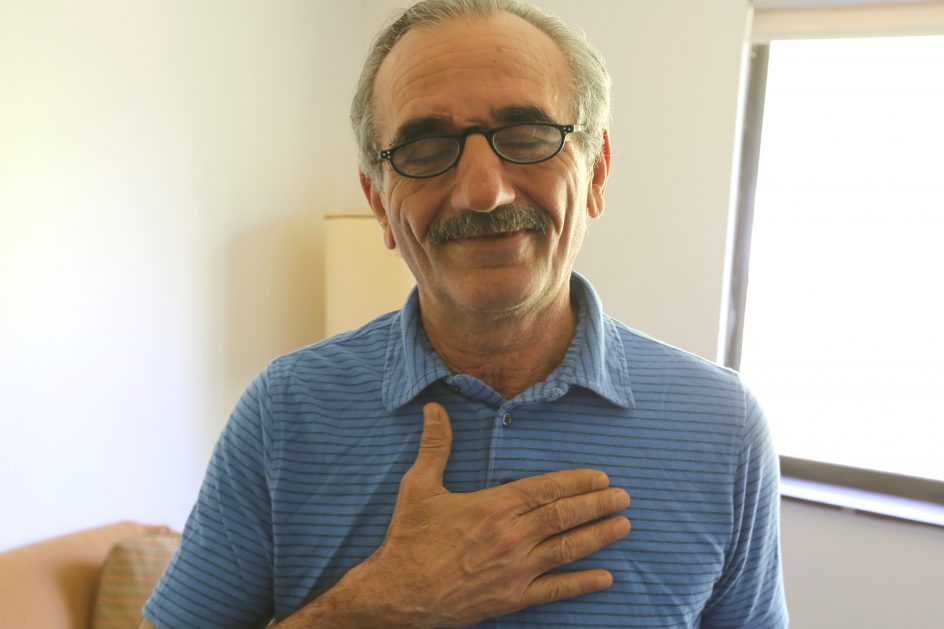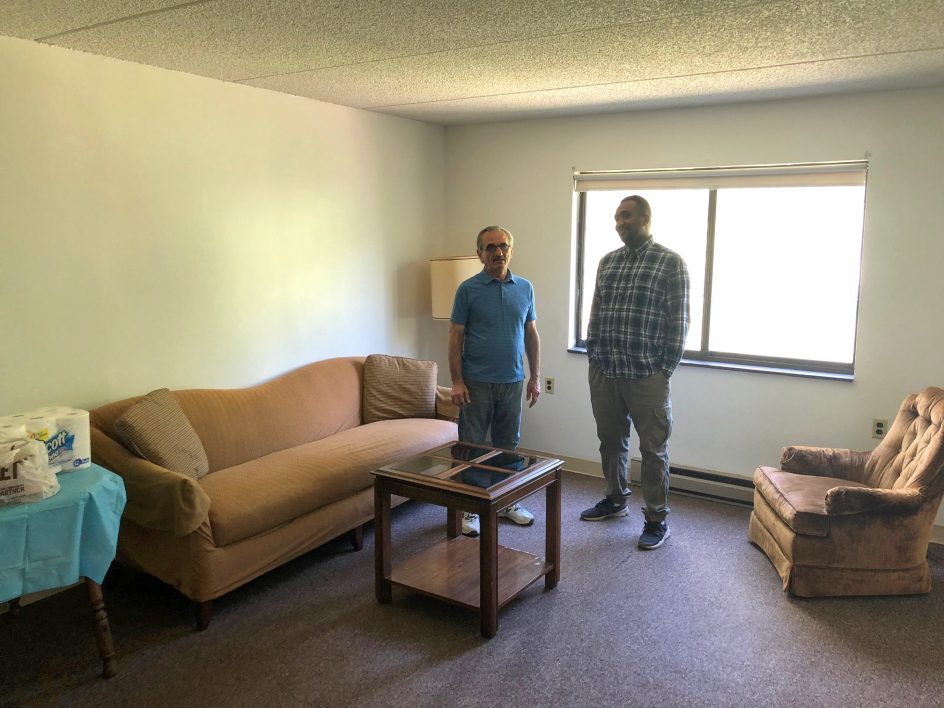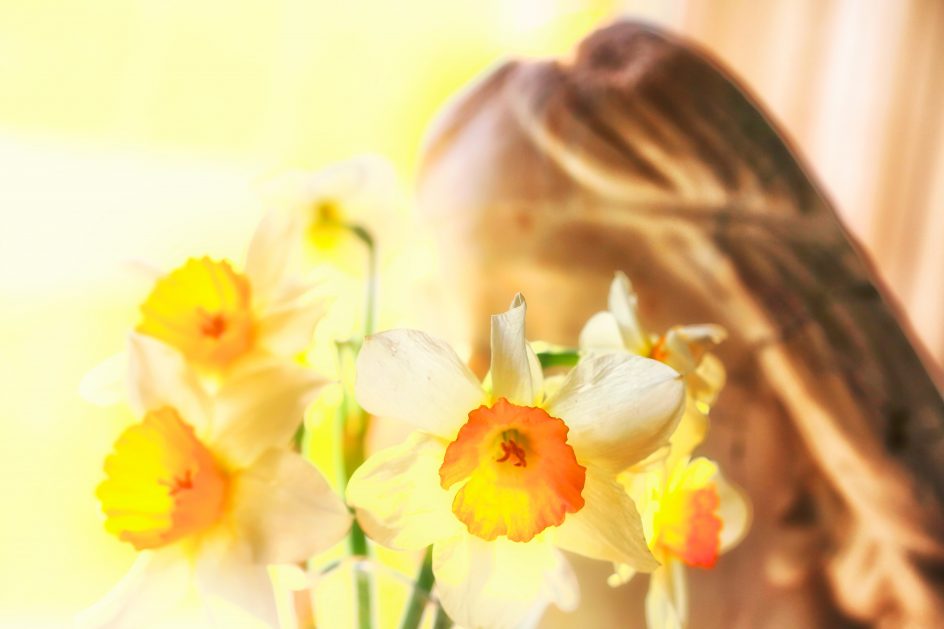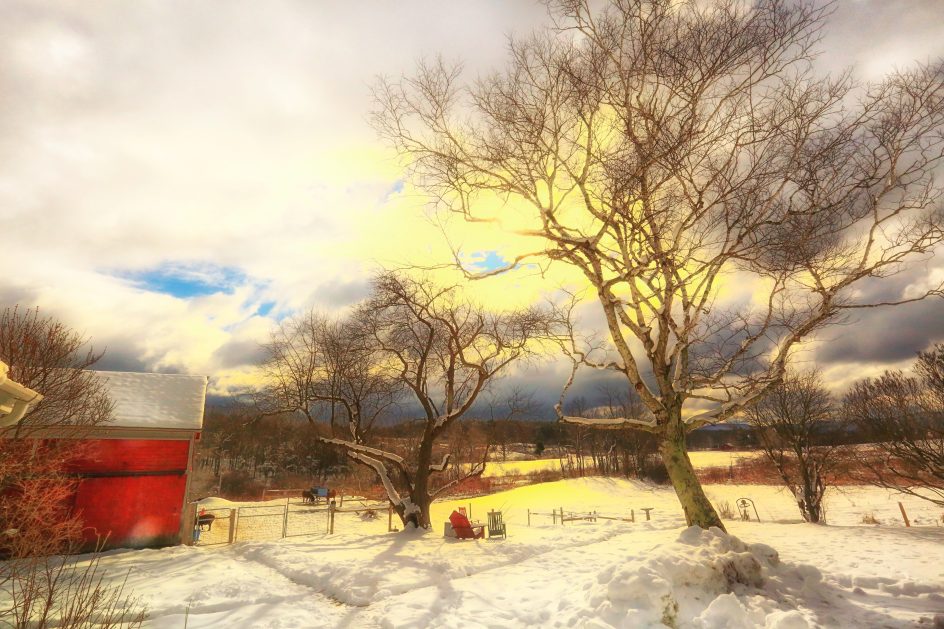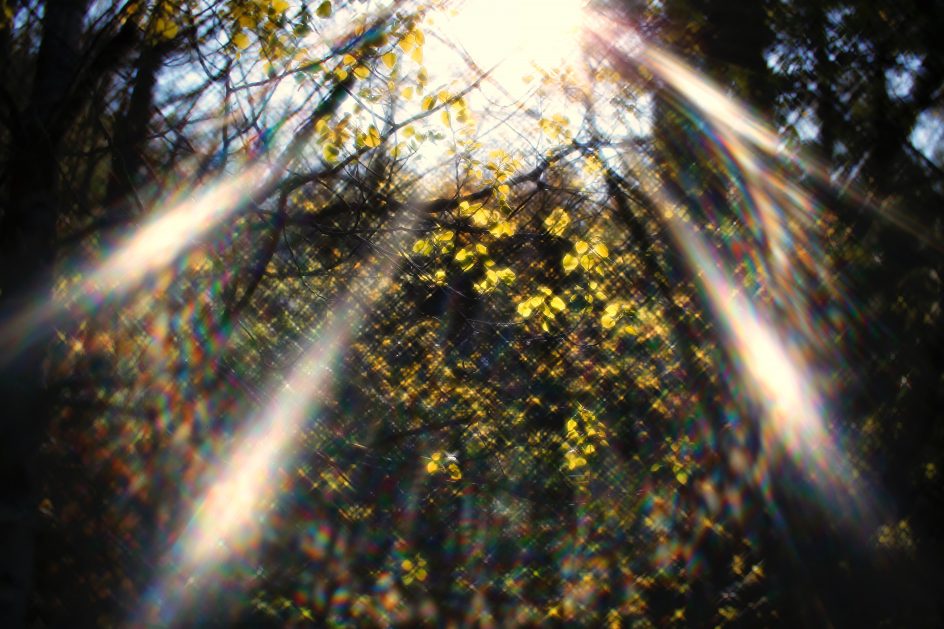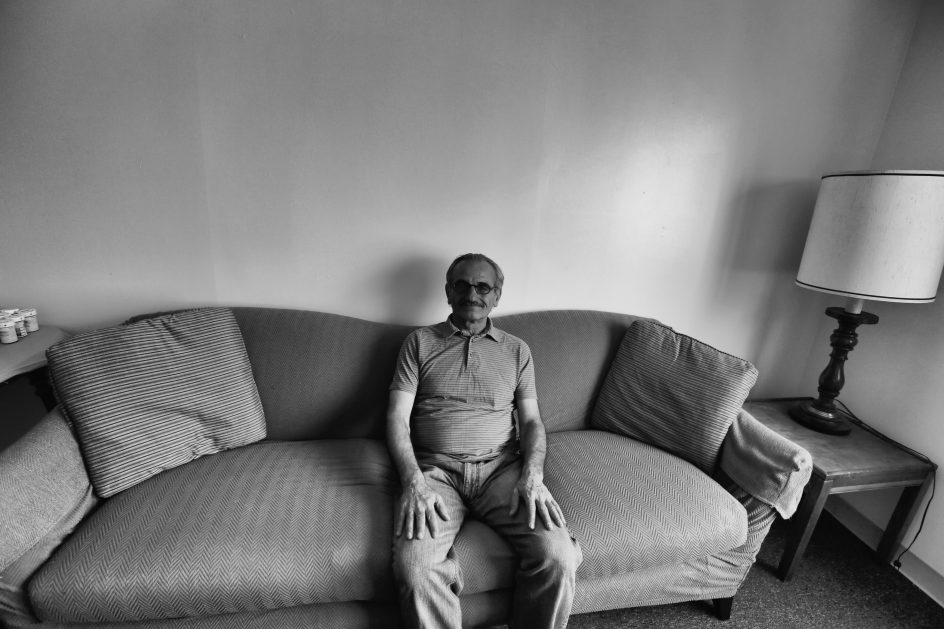
I was taking photos at RISSE one afternoon, talking to the kids who are students there in the after school program and admiring the great dedication and gentleness of the teachers there. One of the students, a very young woman from Afghanistan, came up to me and pulled at my shirtsleeve. “Why are you here?,” she asked me.
RISSE, like many refugee centers and communities, is not always an easy place for strangers to be. It was a long and hard road to get in the door, and to stay there.
The people there have been through a lot, are justifiably wary, especially as their new country struggles once more to come to terms with its refugee and immigrant history.
It is an eternal struggle, really, this business of the other coming into our world, and growing up the grandson of Jewish refugees, I felt it acutely at RISSE. This immigrant thing will never go away, will never be fully resolved. It swings from one side to the other and back.
I think no one except my friend Ali really understood why I was there, and was so preoccupied with this new and bitter conflict, and jumped into it so completely.
I think it began when I realized that so many Americans had come to hate and fear the immigrant idea, they felt these people had come to take something away from them, their jobs, their culture, even their lives. I think I became a patriot the day our President attacked the immigrants, suggesting many were criminals, rapists and murders. That they were not the best people.
I am not a hater, I don’t live in the world of left and the right, but my heart is with the refugees, my idea was not to hate our new President or his supporters – we must be friends, not enemies if we are to survive together – but to work for what I saw was the soul of my country.
My better angels were calling out to me. When I look at this photo of Saad, sitting alone in his apartment, I hear the call. I want to help save the soul of America, and in so doing, save my own.
This was the first time I really thought about patriotism in my life, I had no reason to consider it, really, much before 2016, I had always been free to do what I wished with my life and taken this freedom for granted, even though my grandparents never did.
I don’t take it for granted any more. Of all of our Presidents, I’ve always thought of Lincoln as being the strongest moral leader, so it was no surprise that they had to kill him. Moral leaders are the dread of ideologues and fanatics, their morality is unbearable and threatening, and they must be struck down.
When he spoke to the veterans from Ohio returning from battle in the Civil War, Lincoln was direct: “It is in order,” he said, “that each one of you may have, through this free government which we have enjoyed, an open field, and a fair chance for your industry, enterprise, and intelligence that you may all have equal privileges in the race of life with all its desirable human aspirations – it is for this that the struggle should be maintained..”
I didn’t tell the girl this, because I think she was too young to grasp it, but i got involved in this business of doing good because I love that idea of the open field where everyone has a fair chance to be what they most wish to be. That was a new idea in the world when America embraced it, and it is still a rare thing. This is why the refugees and immigrants fight to hard to get here, and in so many cases, thrive here. They are here because they want to be here, not because they want to hurt what “here” is.
So that’s why i got involved with the Army Of good and the Mansion residents and the refugees and with Saad.
He always loved America, he risked his life to work for Americans during the Iraq war, the only place he ever wanted to come was here. And for all his misery and struggle and isolation, he is content to be here, he is without complaint or bitterness or resentment of any kind.
“For all of our darker impulses,” writes historian and biographer Jon Beacham in his powerful new book “The Soul Of America,”for all of our shortcomings and for all of the dreams denied and deferred, the experiment begun so long ago, carried out so imperfectly, is worth the fight. There is, in fact, no struggle more important, and none nobler, than the one we wage in the service of those better angels who, however besieged, are always ready for battle.”
So that’s why I was in Saad’s important today, determined to hell him, an old man suddenly thrust to the other side of the world alone, to get to the Open Field that my family were so lucky to have in America. And just run.
I’m betting on the better angels, they have the better idea.

